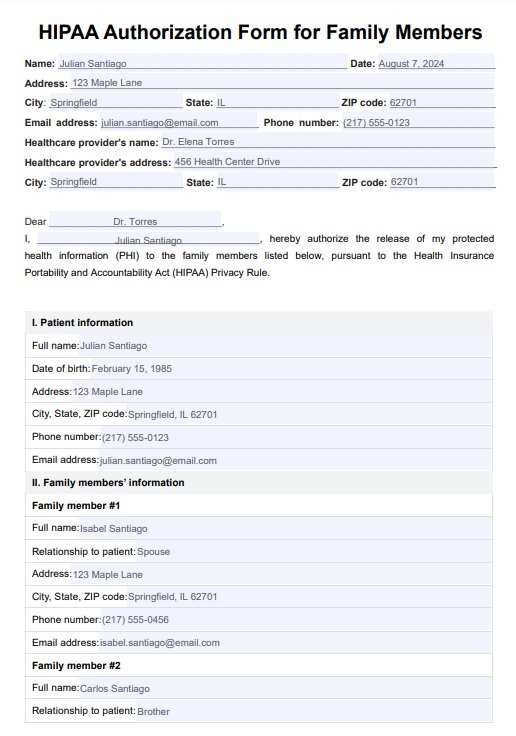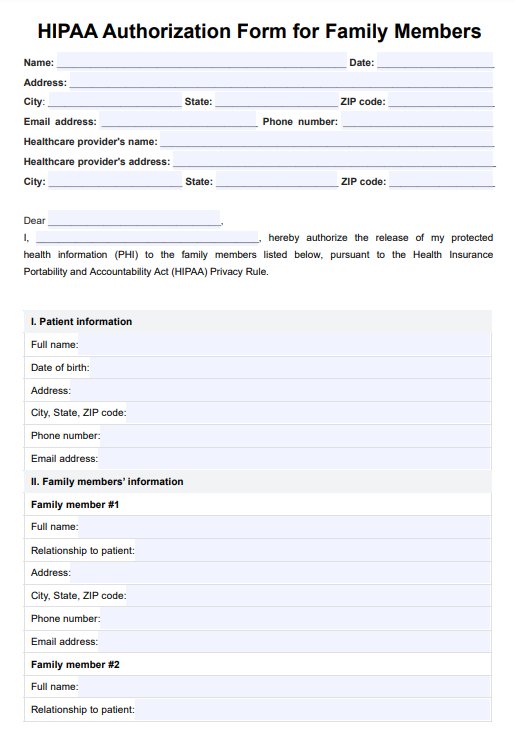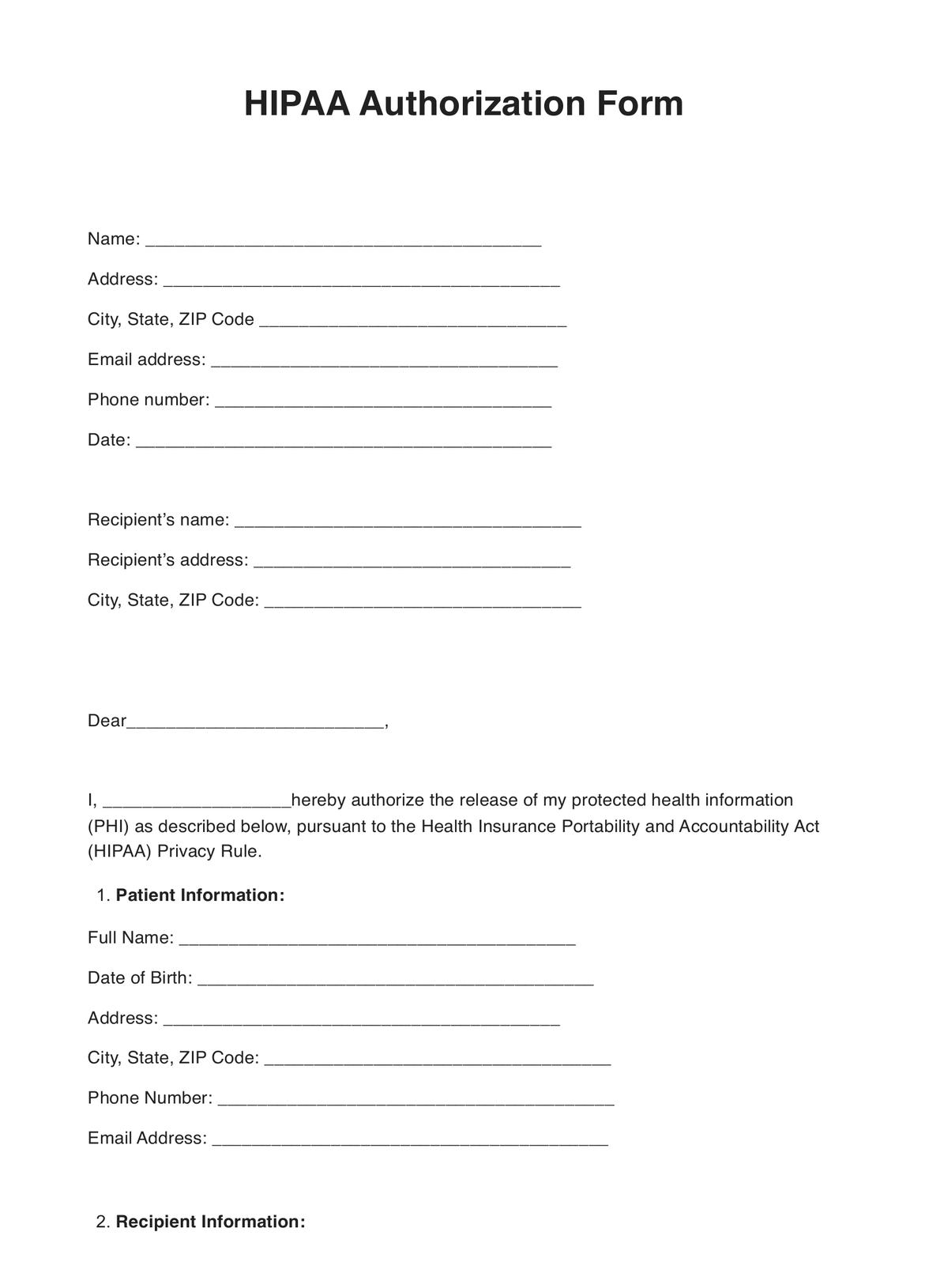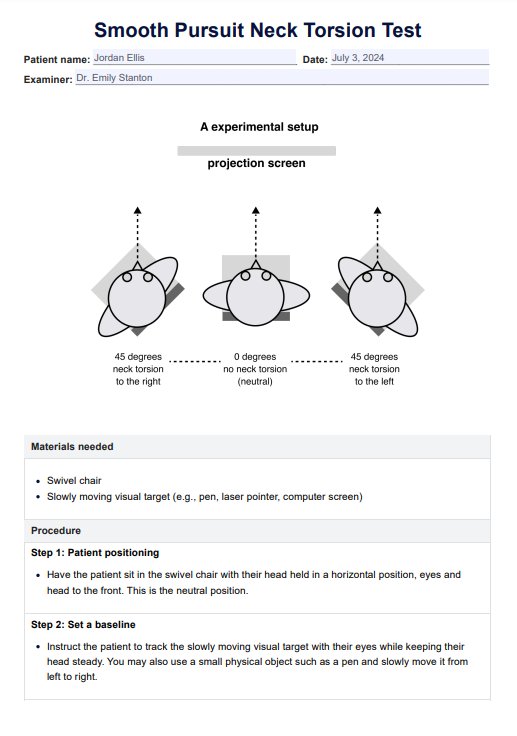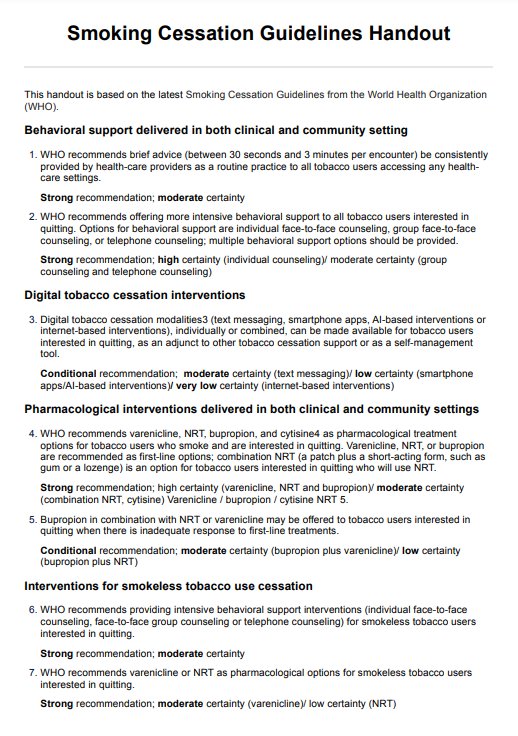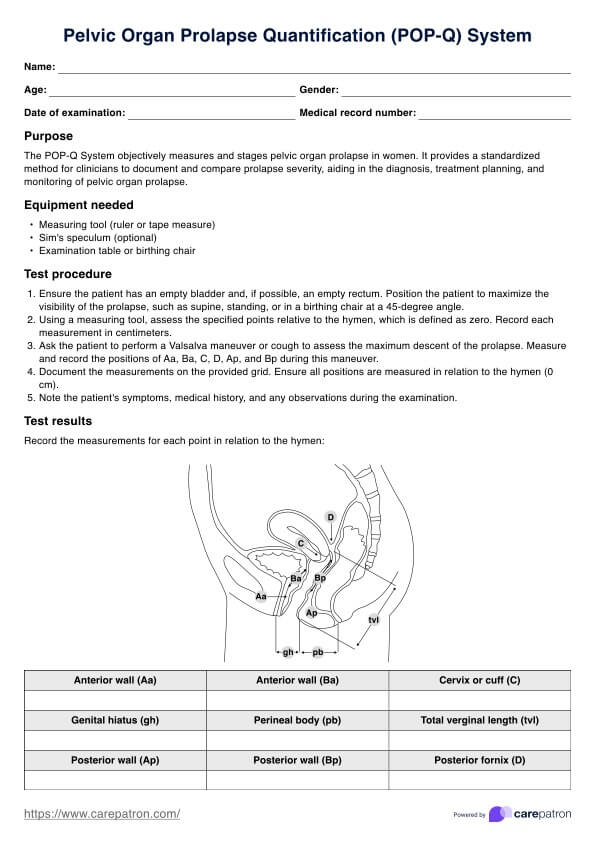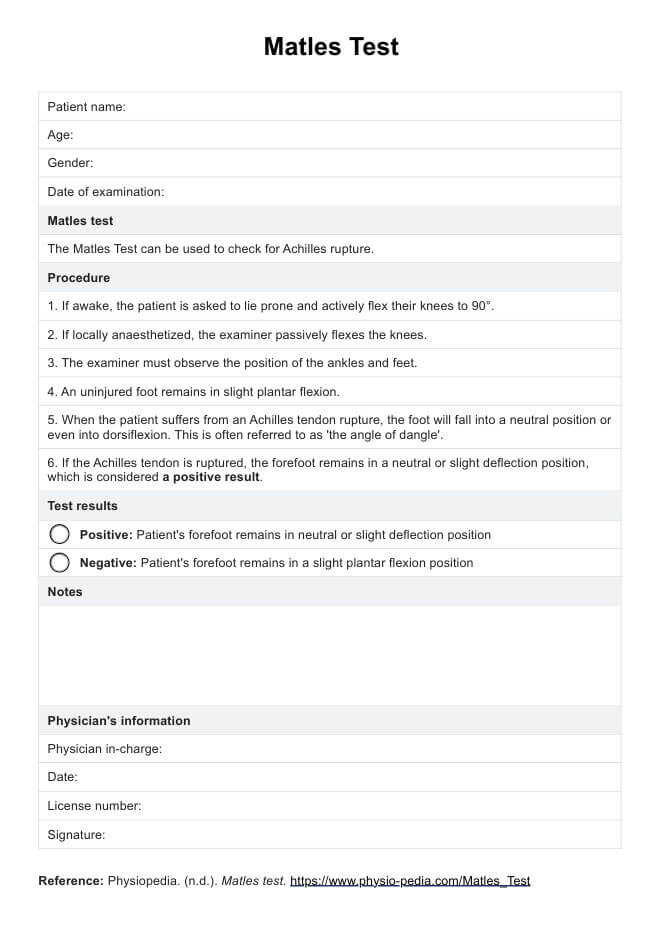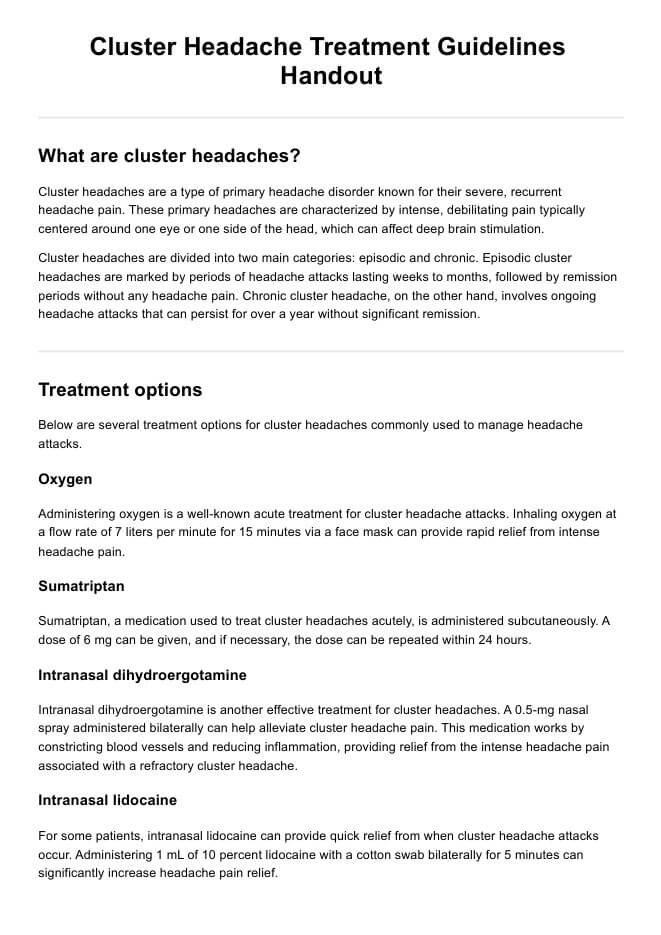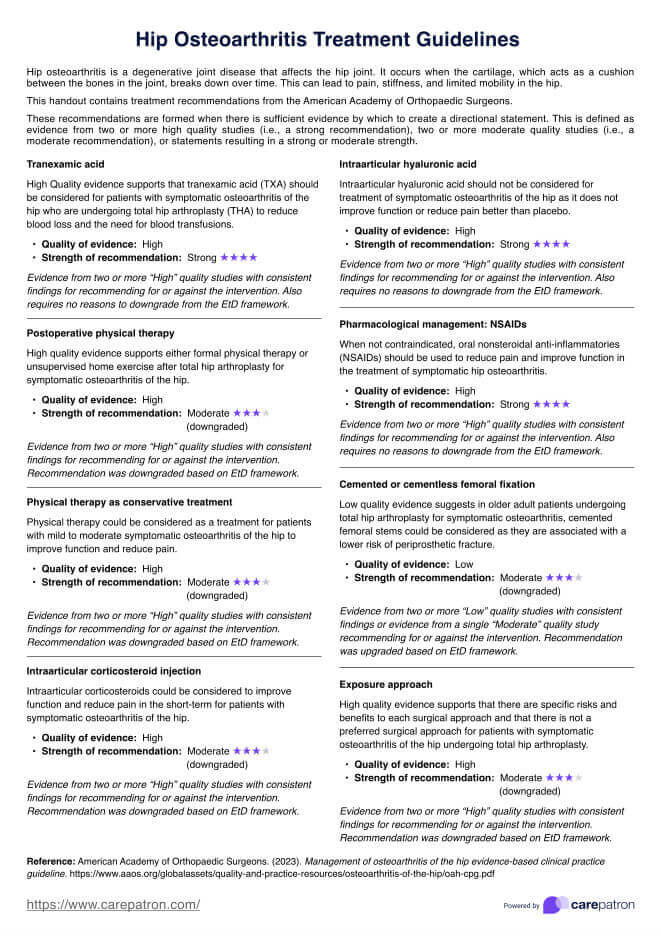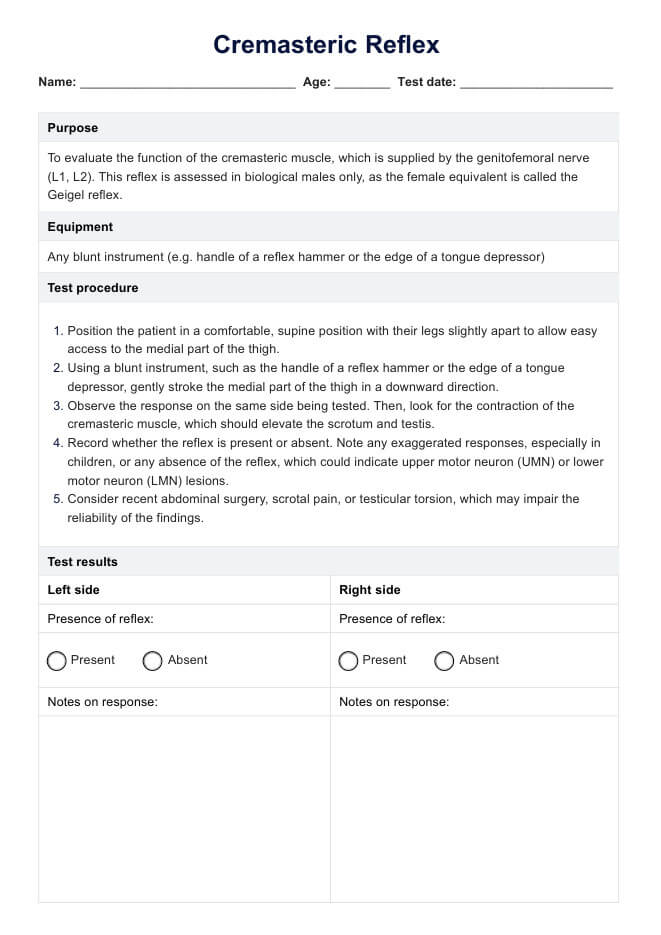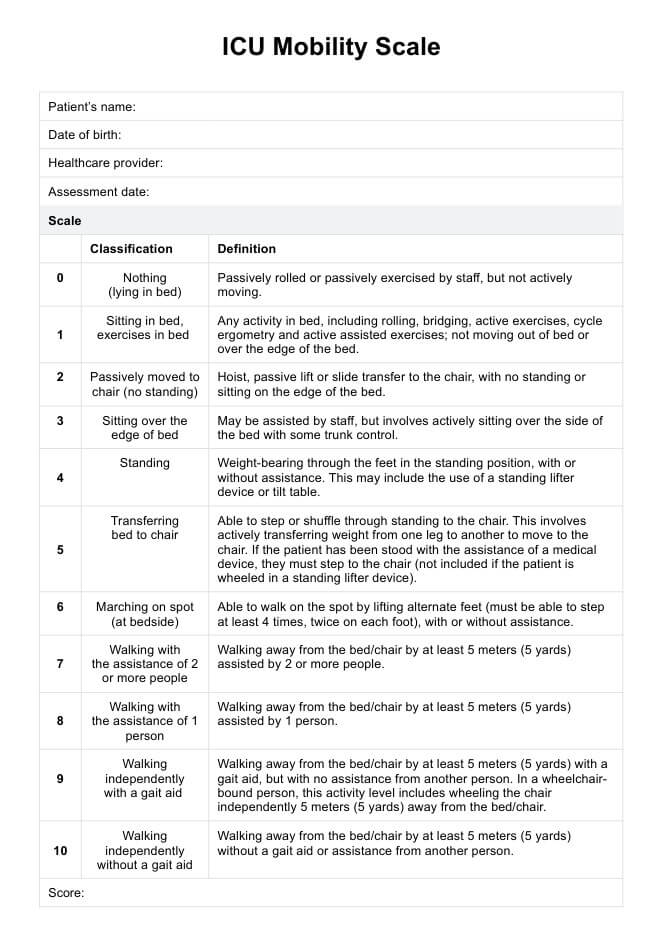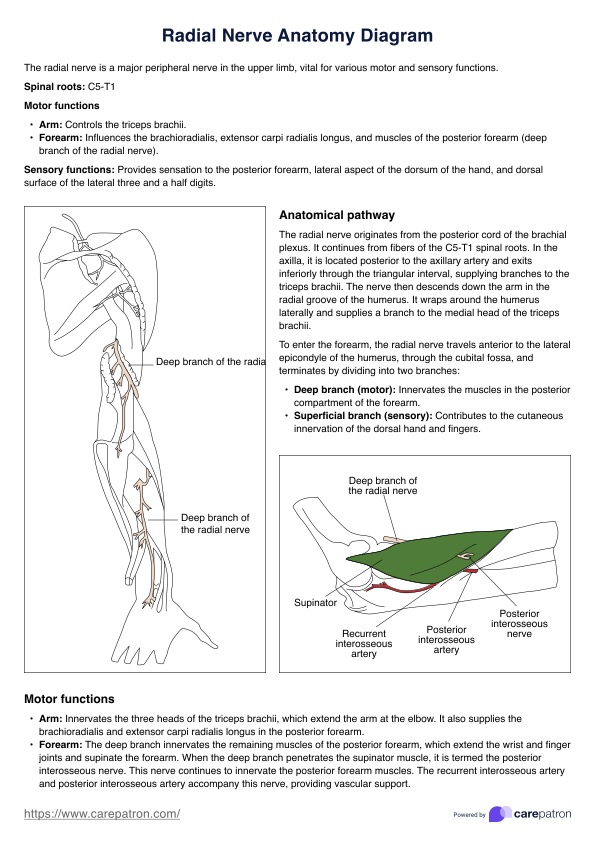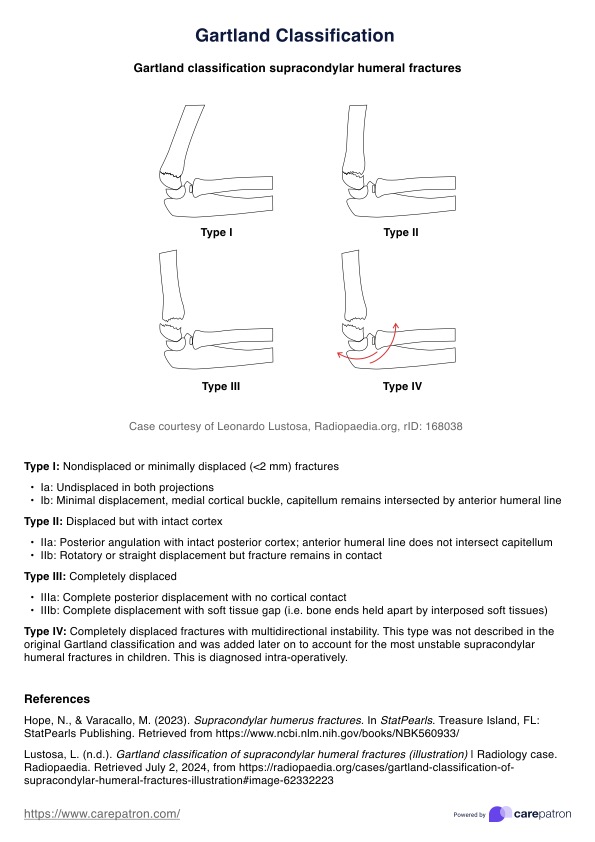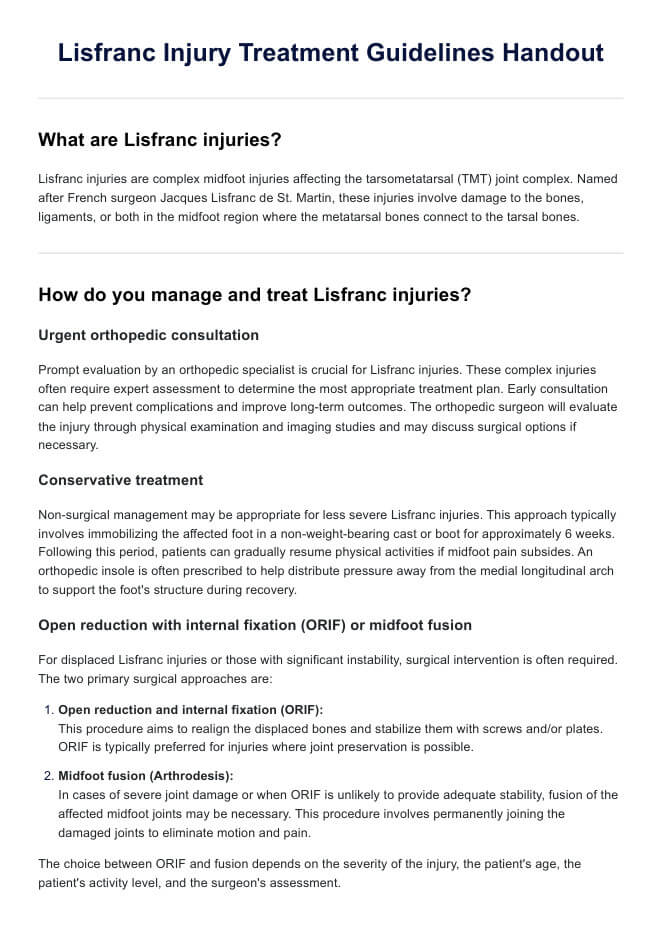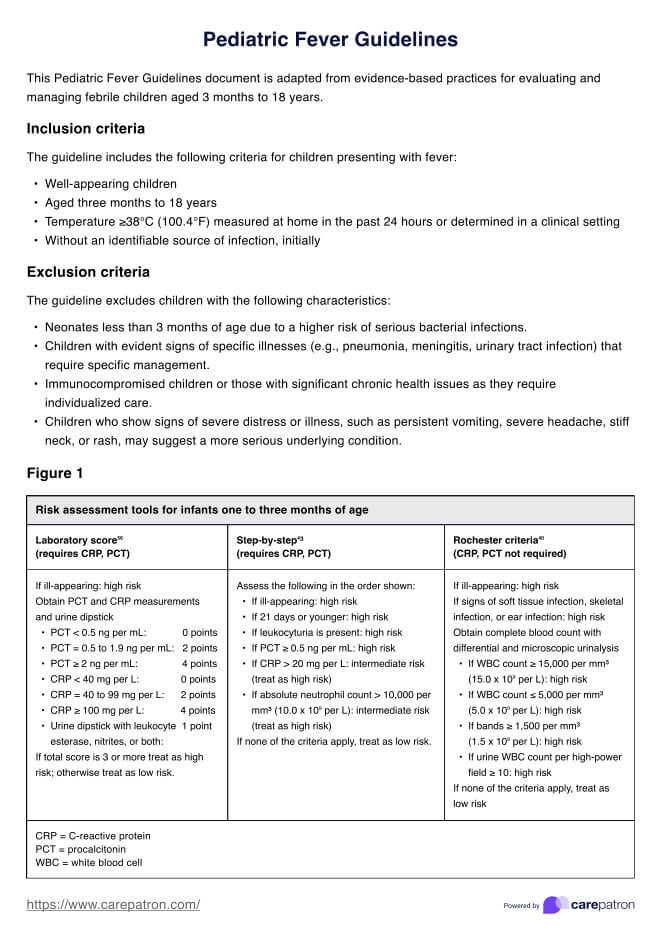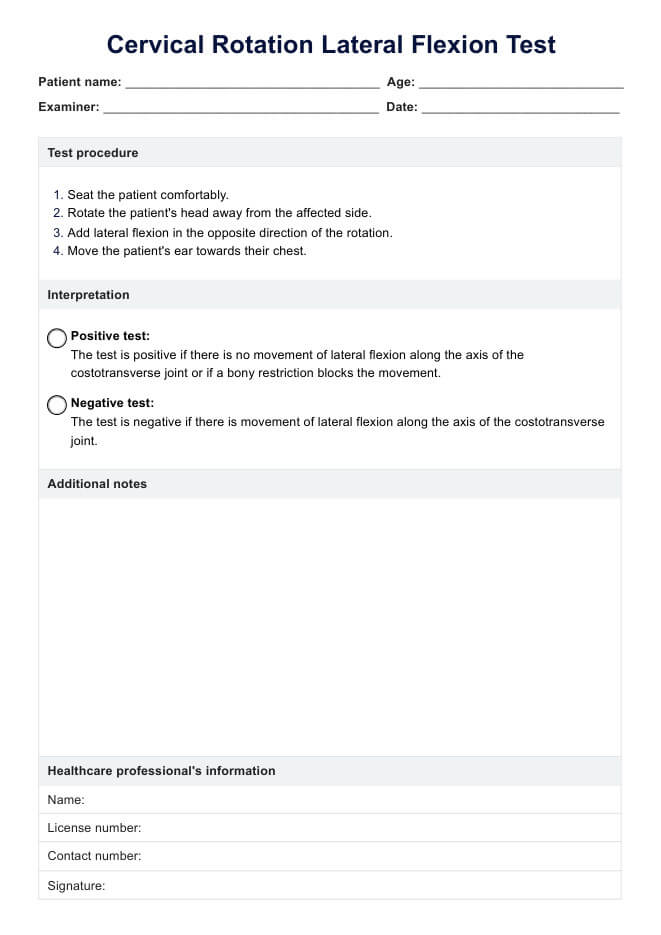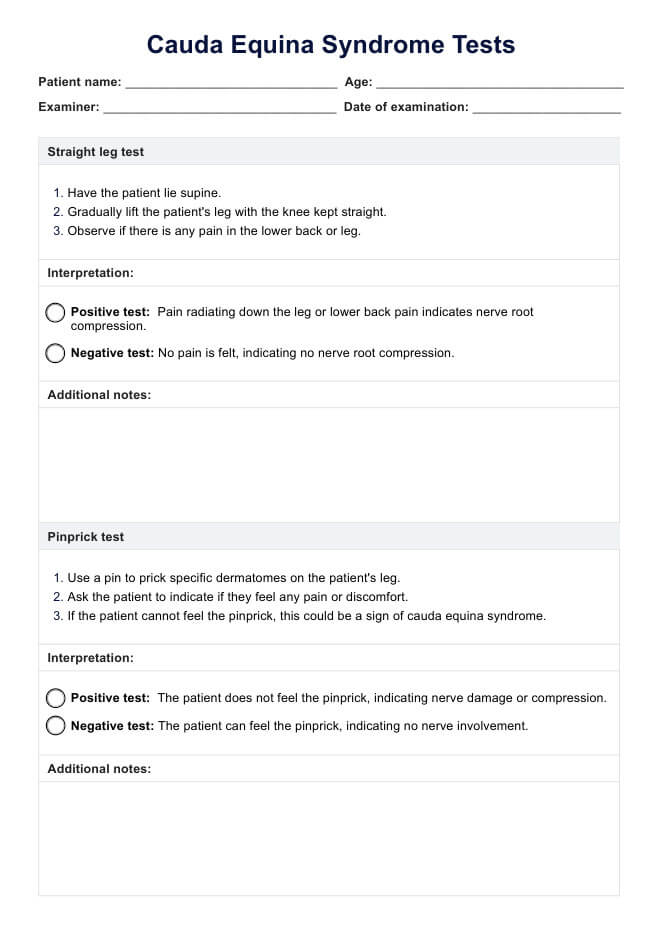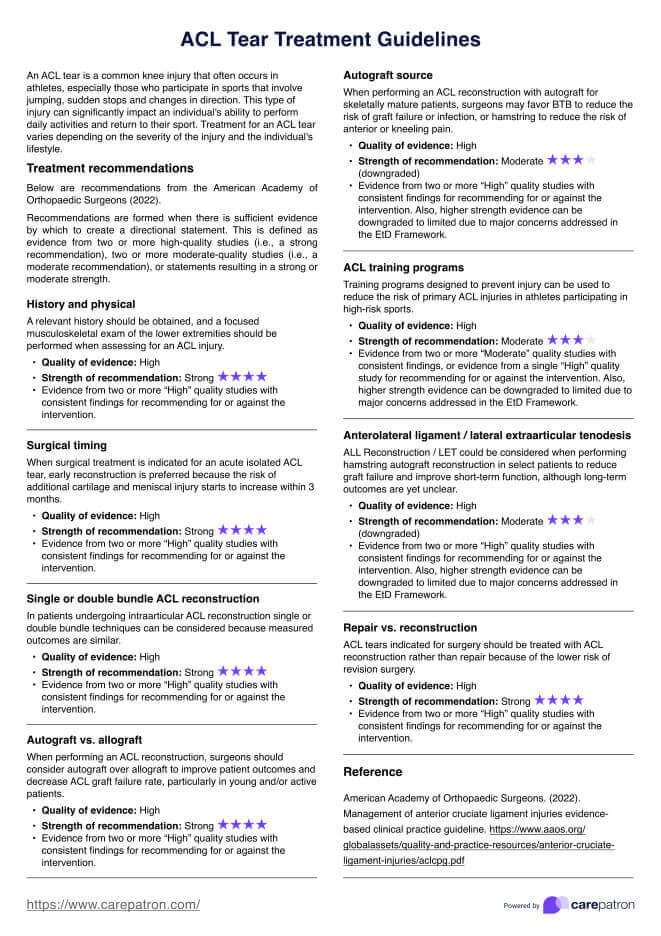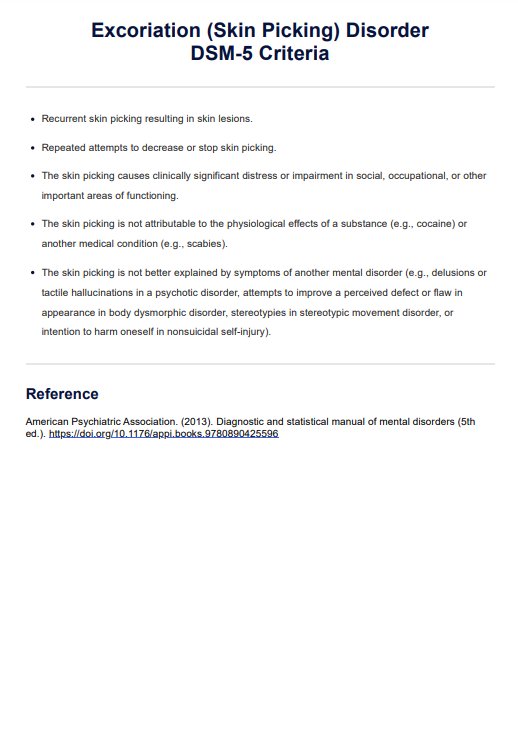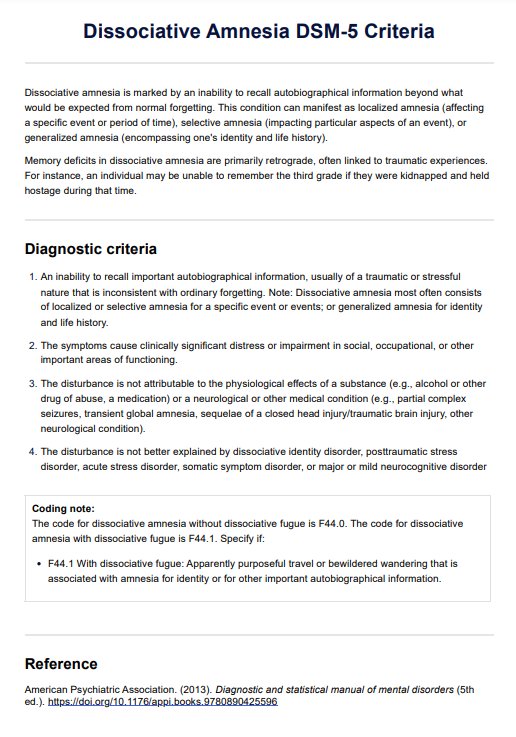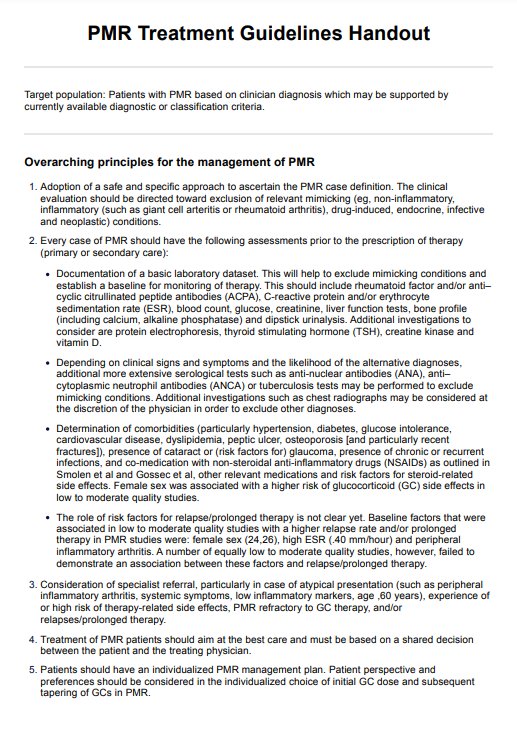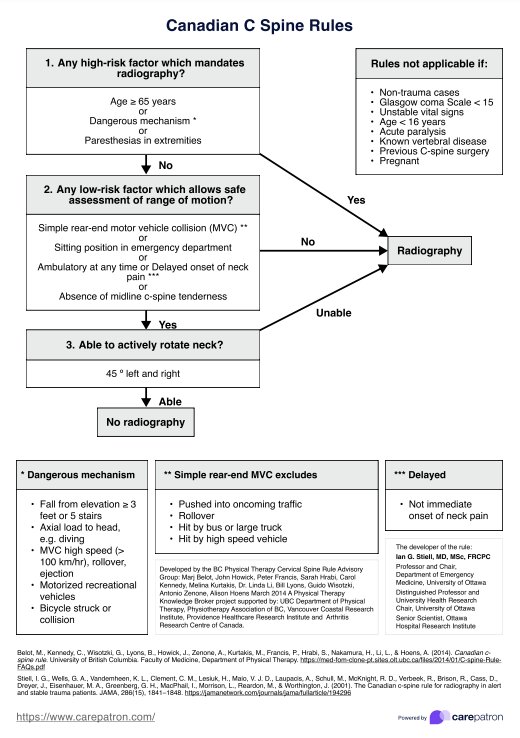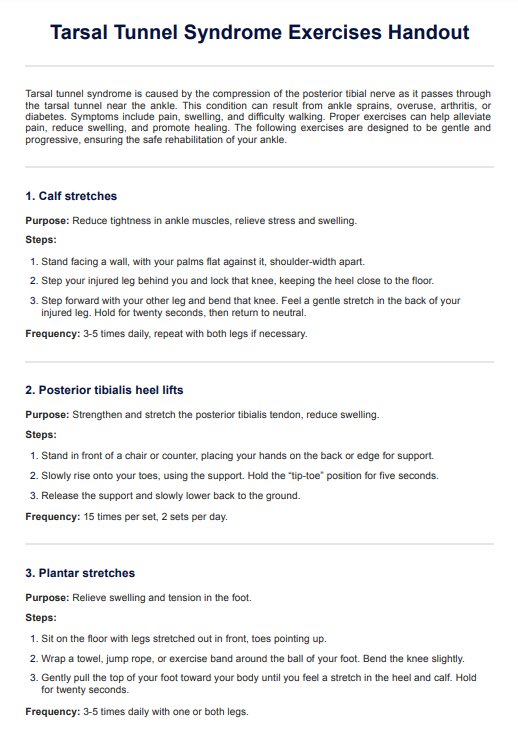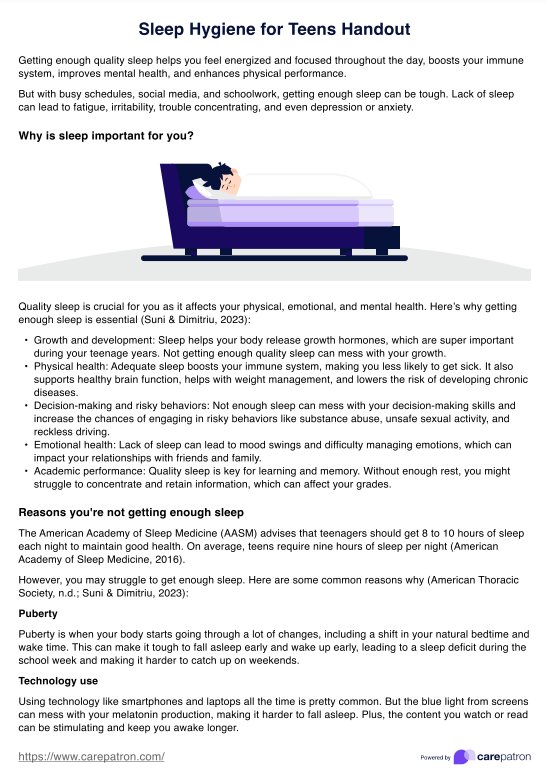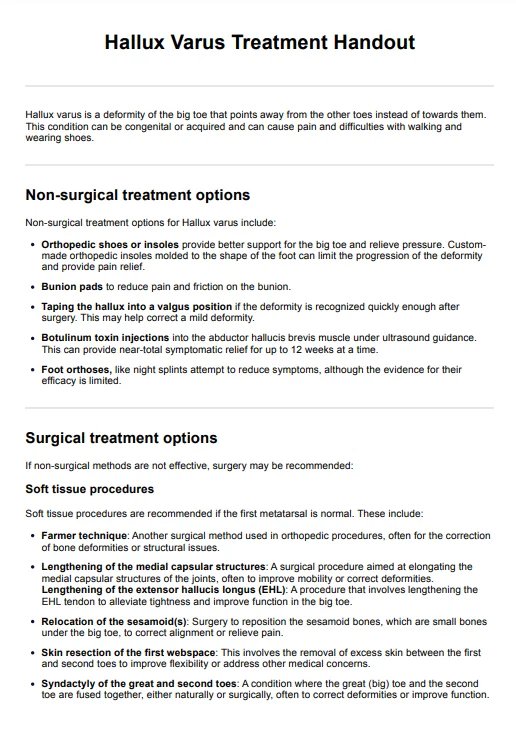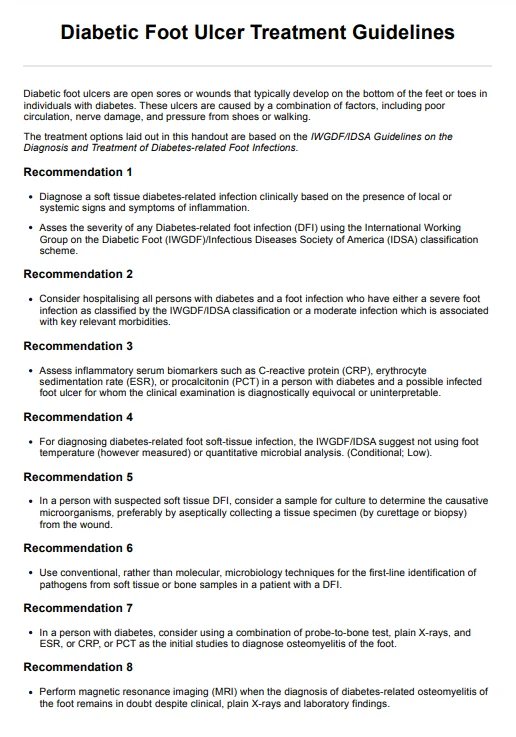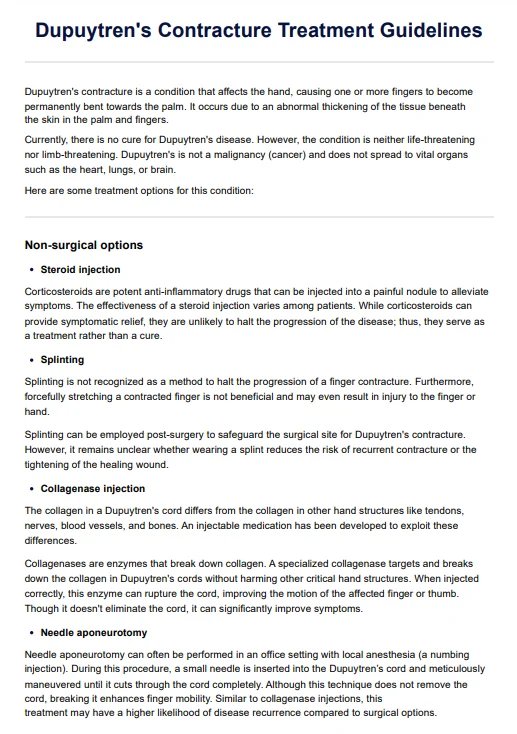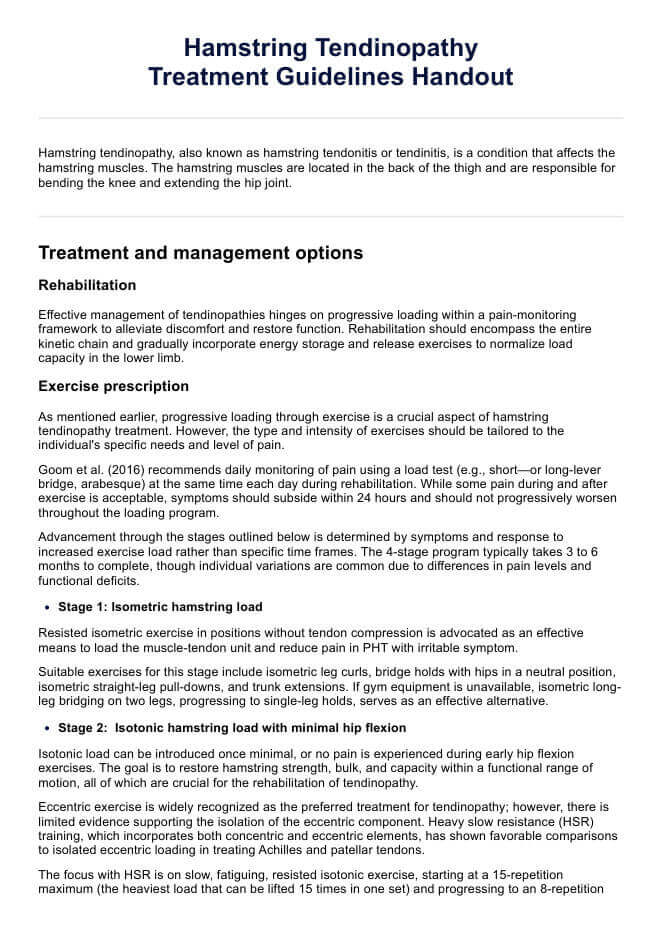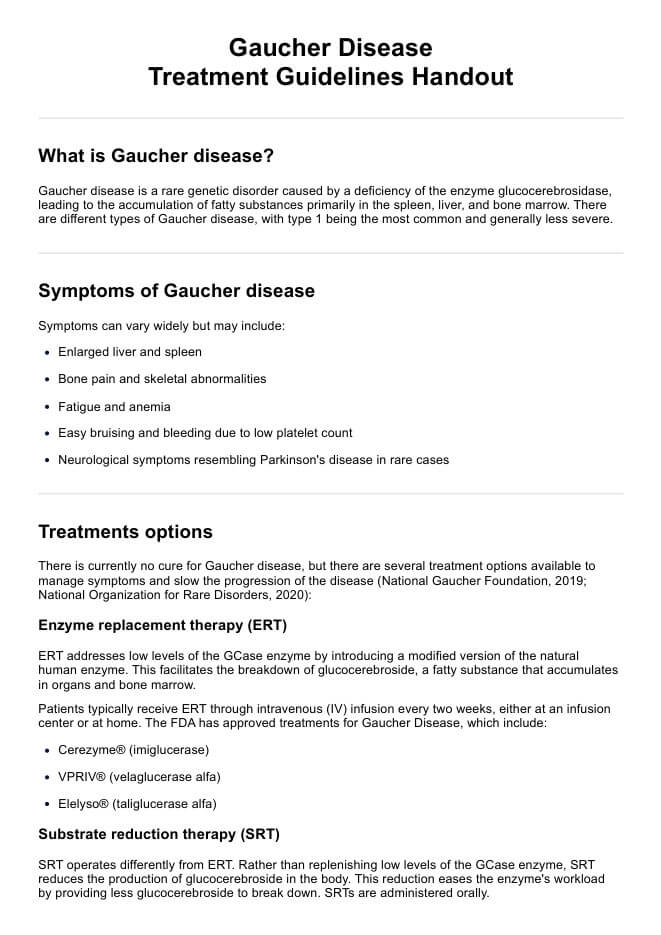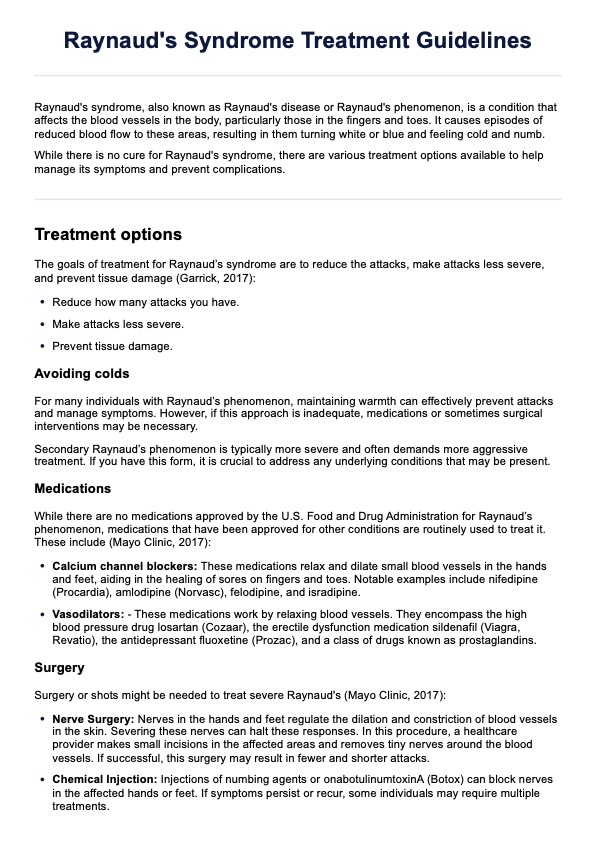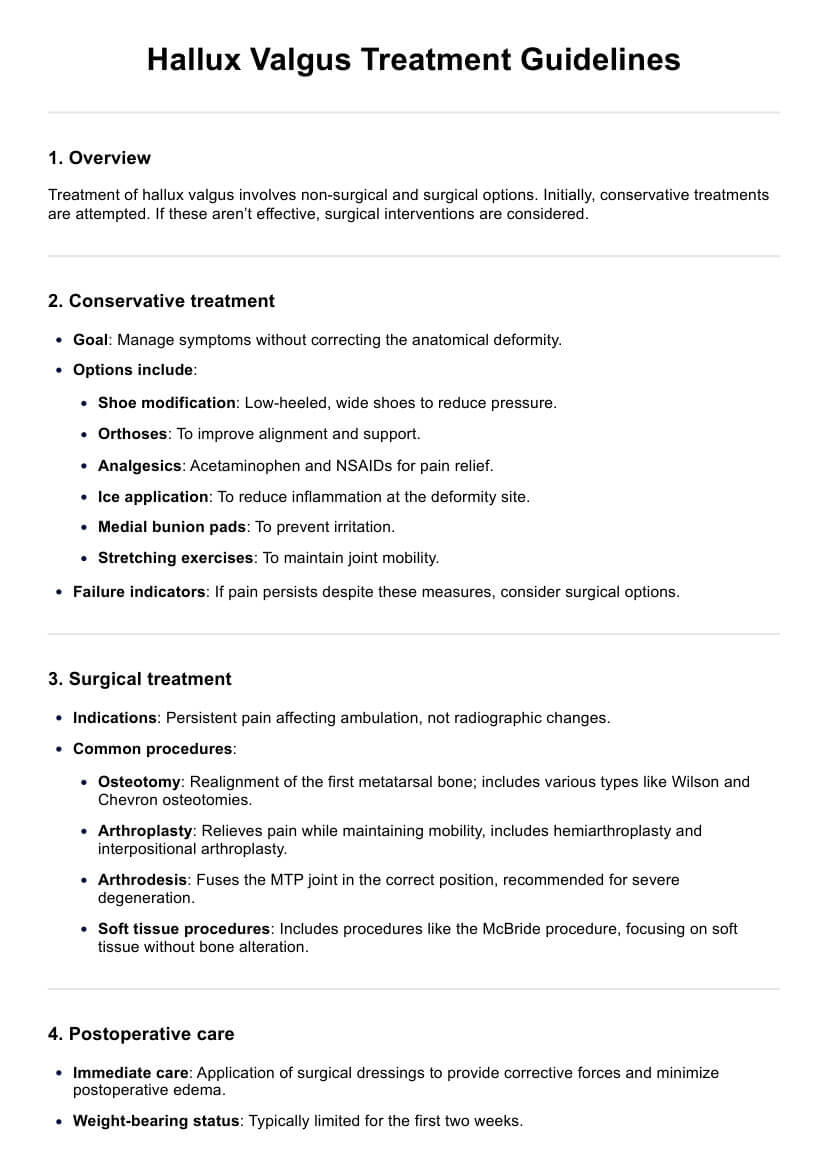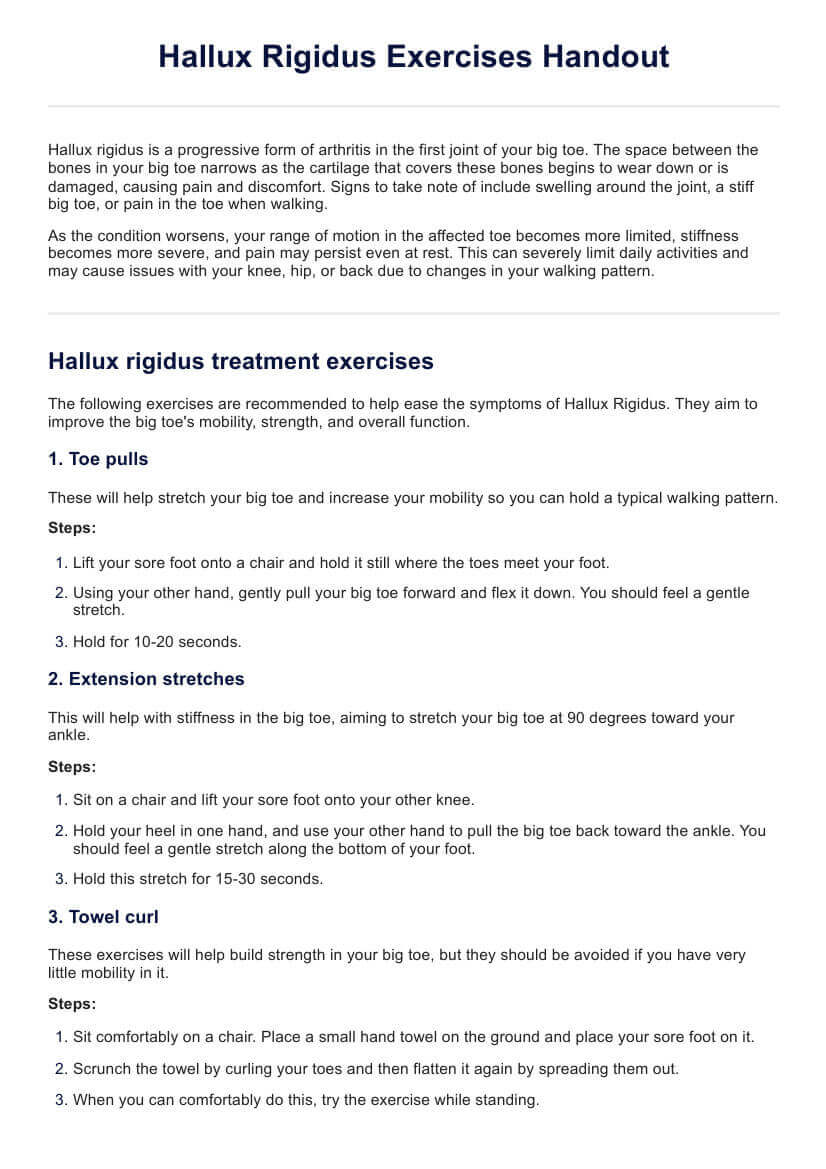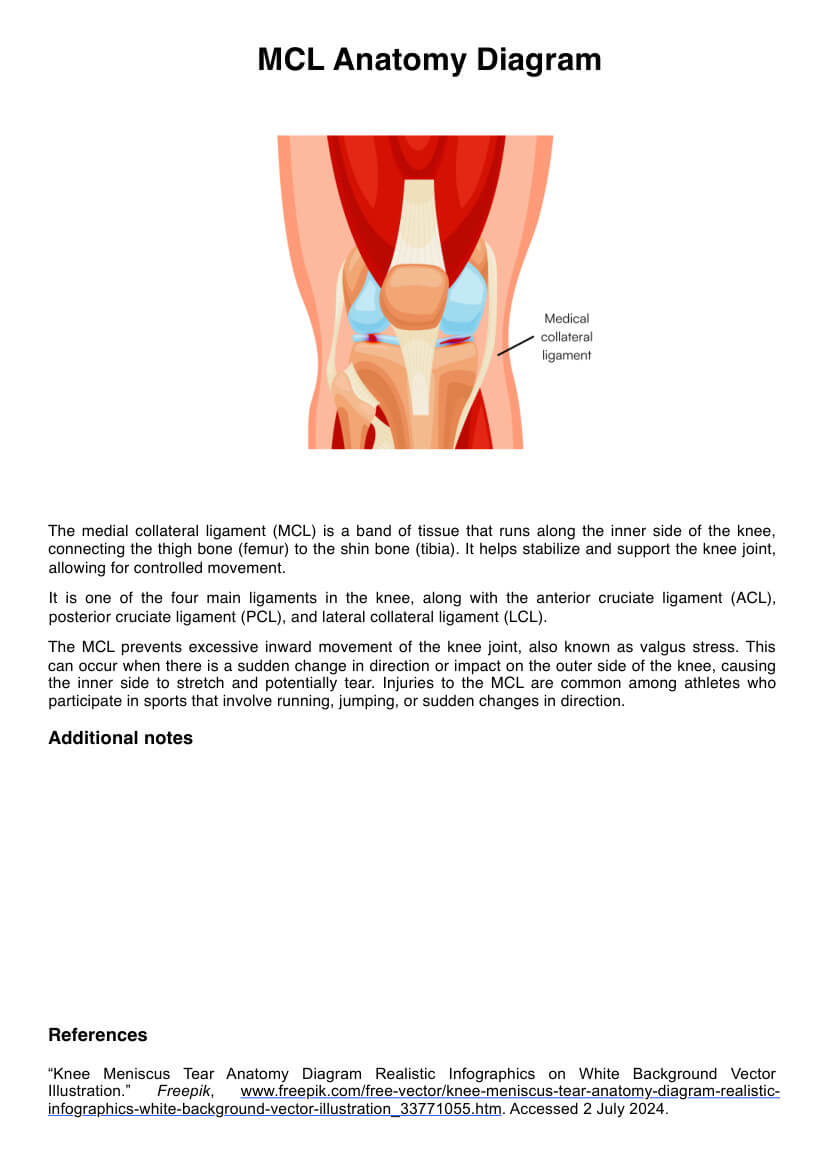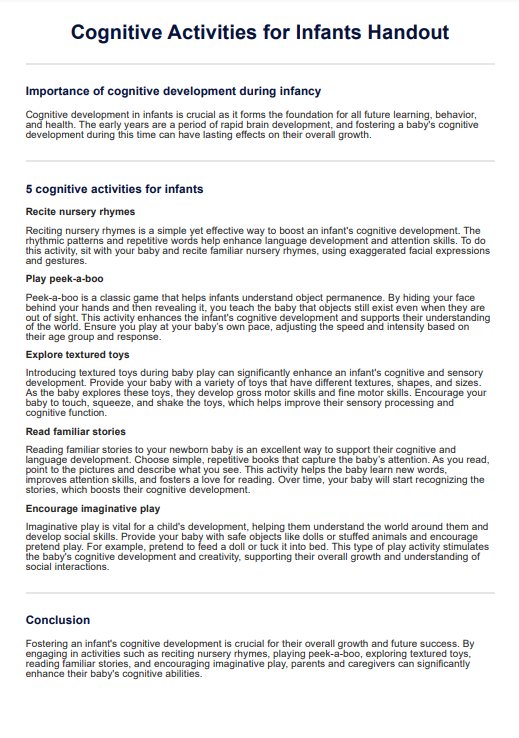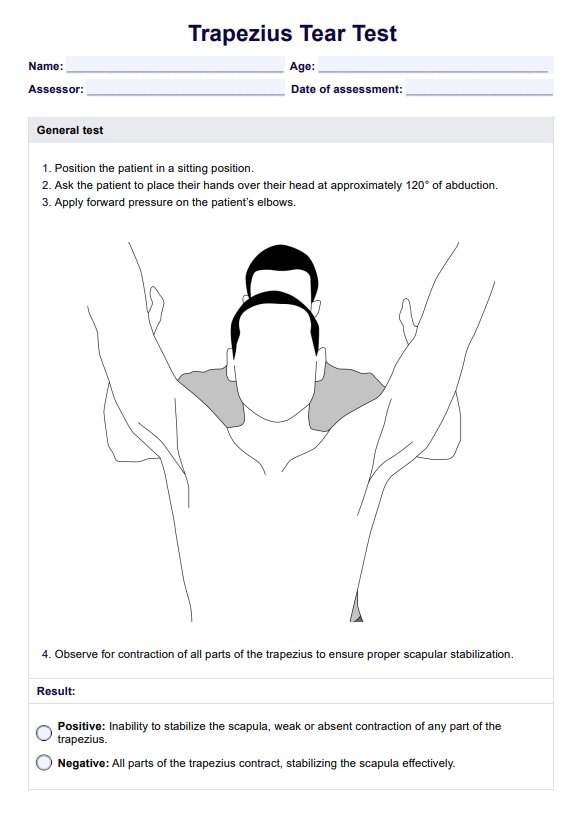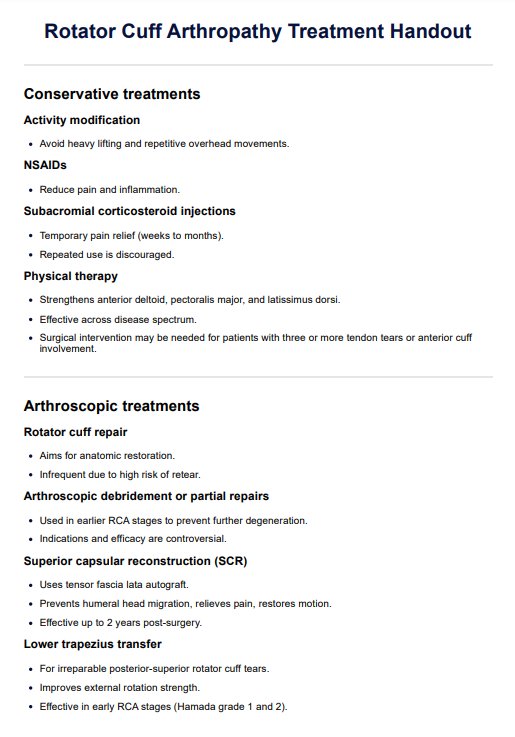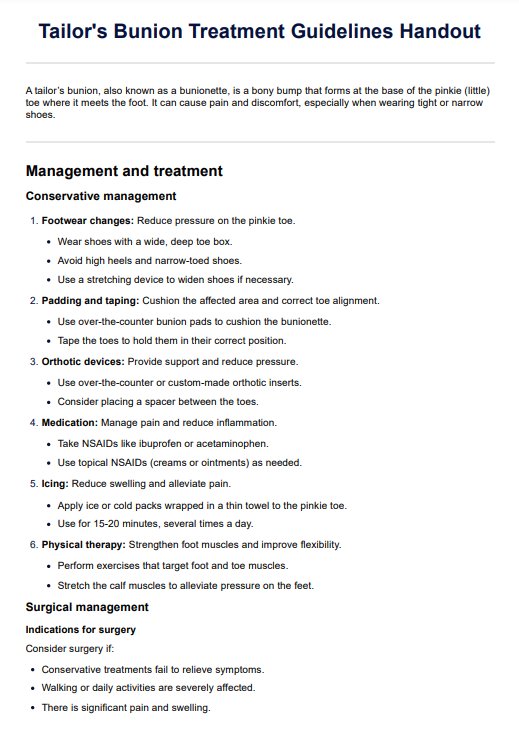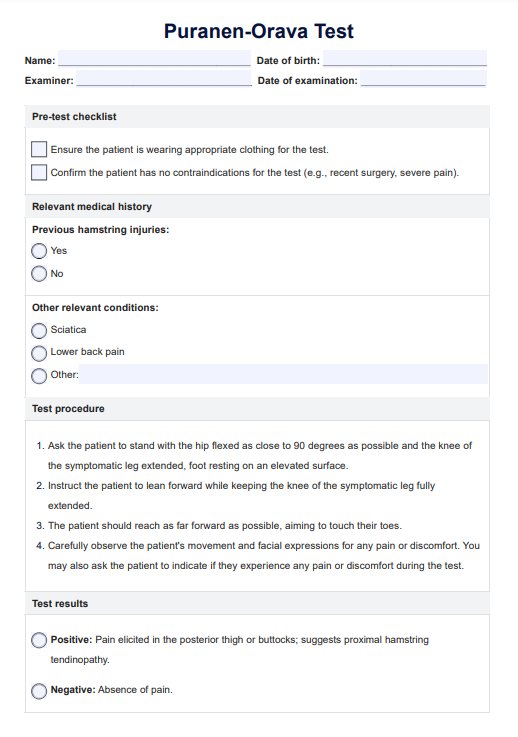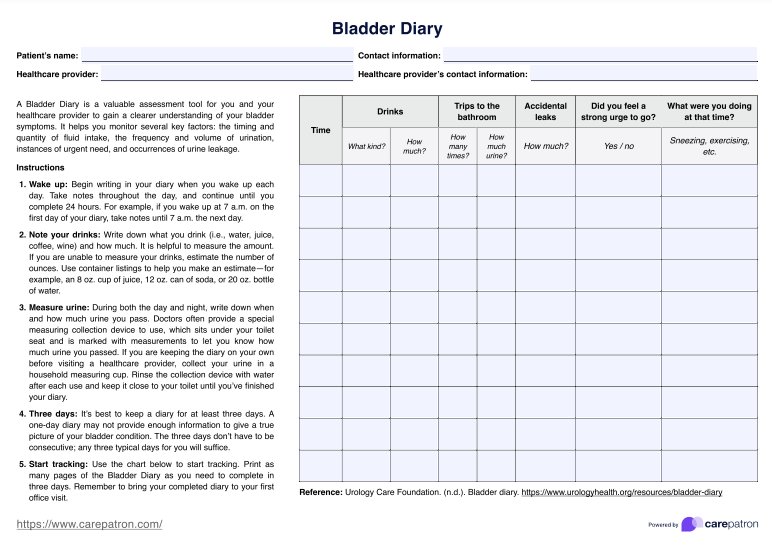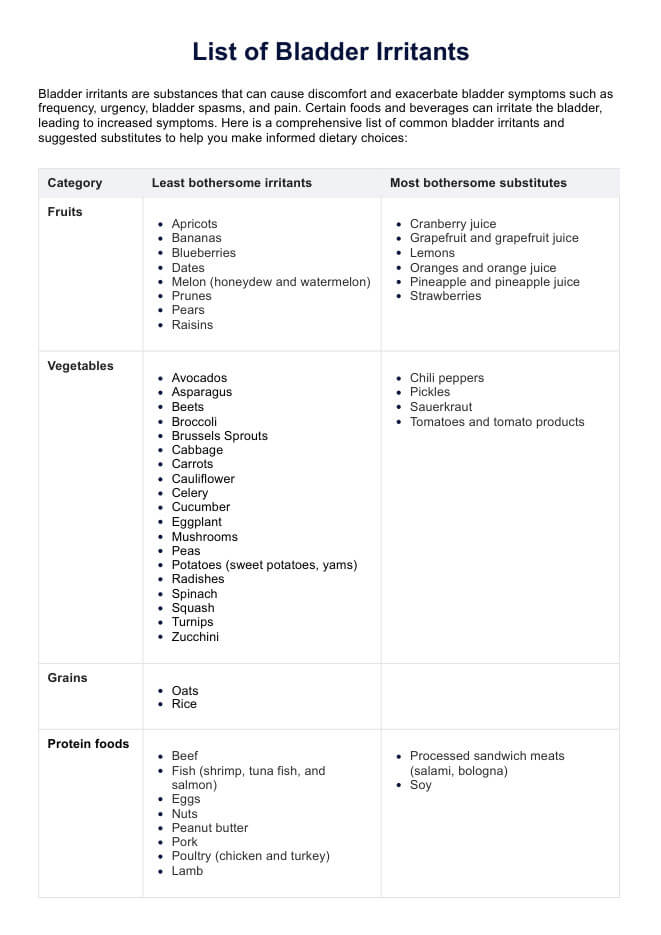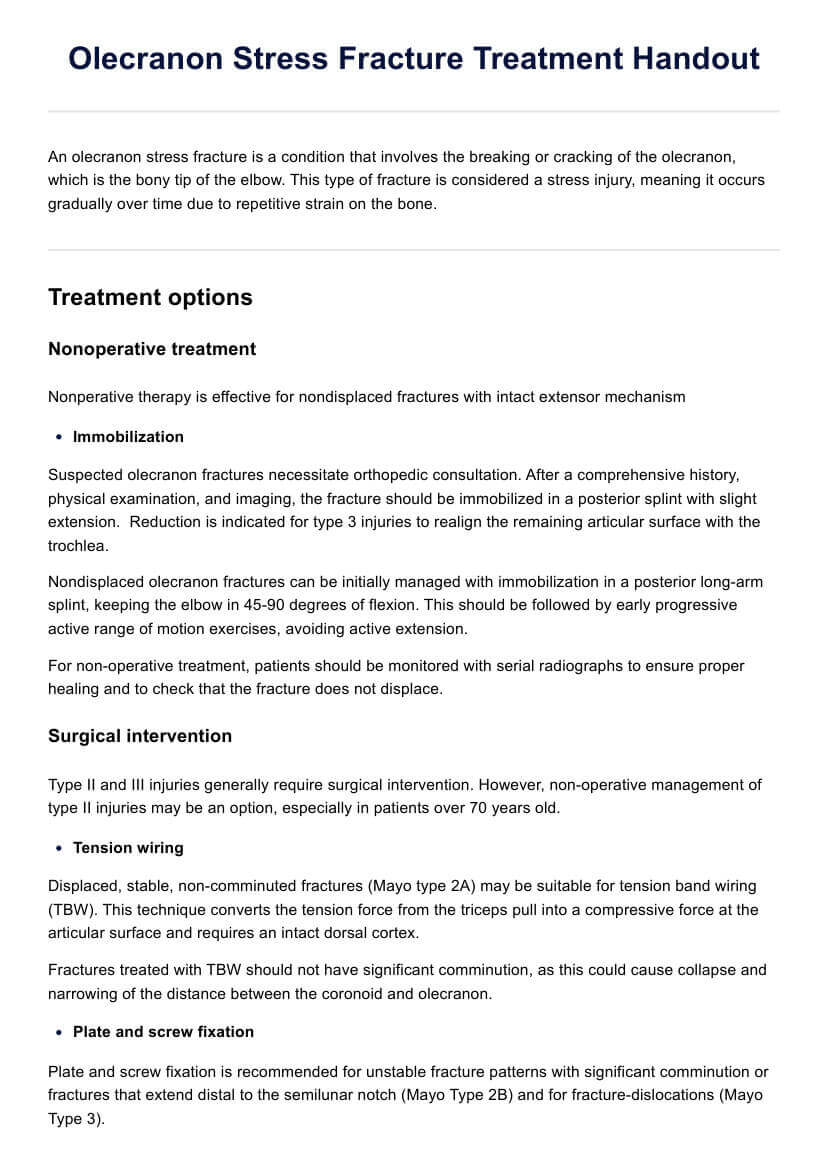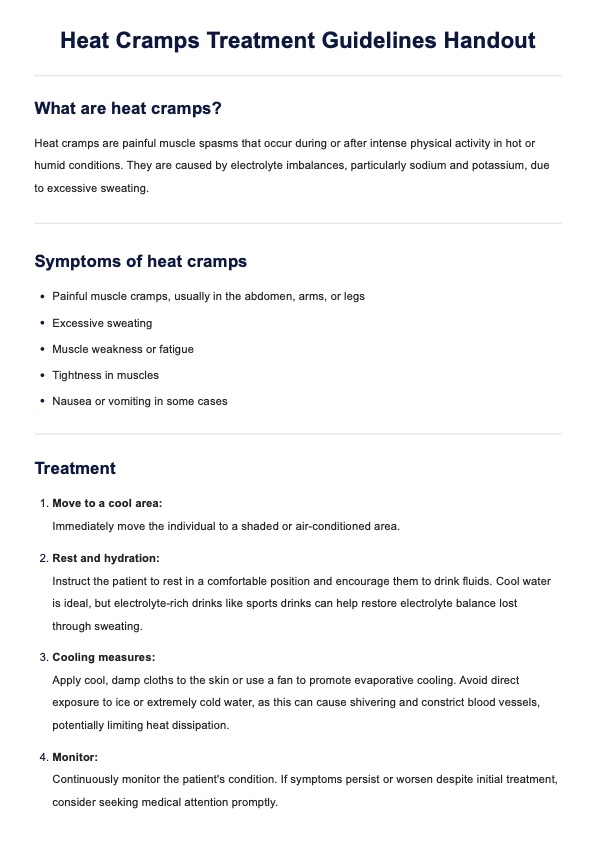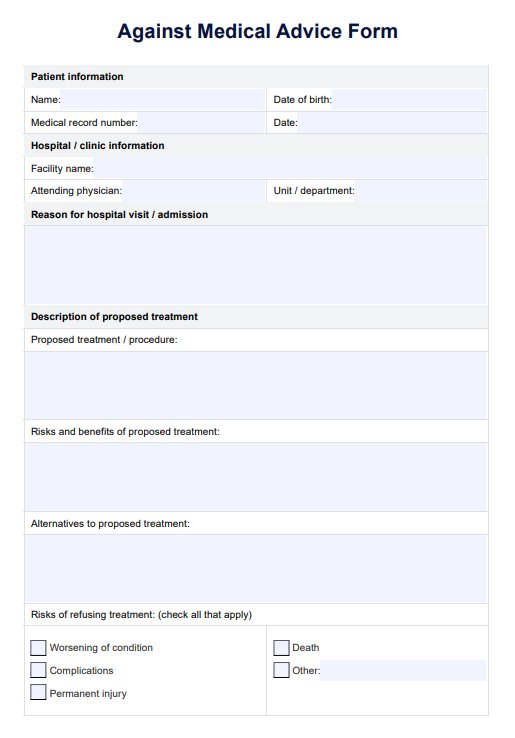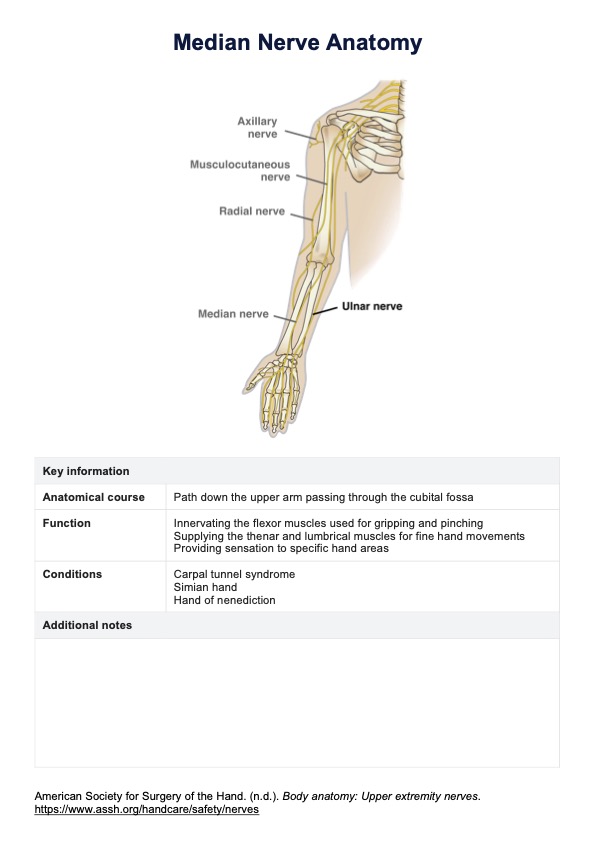HIPAA Authorization Form For Family Members
Understand how a HIPAA Authorization Form For Family Members works. Download a free template and example to help patients protect their information.


What is a HIPAA Authorization Form for Family Members
Congress passed the Health Insurance Portability and Accountability Act of 1996 (HIPAA) to protect the privacy and security of health information and medical records. It is one of the most critical pieces of legislation for healthcare organizations, as it sets standards for protecting patient data from unauthorized access, use, or disclosure.
Under the HIPAA privacy rule, individuals have certain rights to their protected health information (PHI) and must authorize access to it. This includes consent to share medical information with family members, healthcare providers, and insurance companies.
When providing authorization for family members, HIPAA requires that the individual explicitly state which sensitive information a family member, legal guardian, or their personal representative may have access to. In addition, they must provide written authorization to the healthcare provider or insurer before sharing PHI with family members. This is typically done through a HIPAA Authorization Form, also known as a HIPAA release form for family members.
This form outlines the individual's intent to share information with family members and sets the boundaries of what information they can access, as well as the duration of authorization, an expiration date, or expiration event. The form is signed by the individual and family member, giving consent for releasing PHI. Once the form is completed, it should be given to the healthcare provider or insurer for processing and implementation.
Have a look at our HIPAA release form video to see how these resources can be accessed and used:
HIPAA Authorization Form For Family Members Template
HIPAA Authorization Form For Family Members Example
How does it work?
Our free, printable HIPAA Authorization Form for Family Members template helps patients navigate sharing their PHI with family members. The form includes all the necessary information required and is designed to be user-friendly and easy to understand. Here's how to get started:
Step 1: Access the free template
Download our free HIPAA Authorization Form for Family Members from the link on this page or the Carepatron app. You can also get our printable HIPAA Authorization Form for Family Members from our extensive resources library.
Step 2: Discuss it with your patient
Explain the form to your patient, and ensure they understand all rights being granted to their family member regarding their protected health information. Ensure they know who is authorized and what PHI is being shared.
Step 3: Complete the form
Fill out the form with your patient, including all the necessary information and signatures. Guide them through the process and answer any questions they may have.
Step 4: Patient and family members sign the form
Once the form is completed, both the patient and authorized family member should sign it to give authorization for the health care providers to share their PHI.
Step 5: Store the form securely
Make sure you have a copy of the filled-out HIPAA Authorization Form for Family Members and store it securely. This is automatically done for you if you signed up for Carepatron, since our storage solutions are HIPAA-compliant. It's essential to keep all PHI records safe and confidential so they don't fall into the wrong hands.
When would you use this template?
You can use the HIPAA release form for family members template when a patient wants to allow their family member or another designated person access to their PHI. This authorization form can also be utilized to:
Access protected health information in emergencies
Patients can provide consent for their family members or designated person to access their PHI in emergencies using this form. It ensures that critical medical information is readily available to authorized individuals when immediate healthcare decisions need to be made.
In the case of minor children, a HIPAA Authorization Form for Parents will ensure that a minor child's health information will only be shared with the child's parents or legal guardians. Parents and legal guardians normally have the legal right to make decisions regarding their minor child's healthcare as well as the right to access the health information, but this document ensures that they (including others they deem trustworthy) are the only ones who can access their minor child's health information apart from the healthcare professionals and the law.
The HIPAA release form for parents is a requirement, so you will need to have this at the ready when you're about to treat a minor child for something. You have to hand this to the parents, explain your privacy practices to them, and give them a copy of your Notice of Privacy Practices.
Coordinate care and appointments
Patients can use the authorization form to allow their family members or designated persons to schedule appointments, coordinate healthcare services, and participate in care planning discussions. The form for parents and guardians also allows them to stay informed and be part of the child's treatment and health care decisions. They will also be informed of any risks that certain treatments or procedures have. All in all, the form helps ensure seamless coordination and continuity of care for the patient.
Manage billing and insurance matters
The HIPAA Authorization Form for Family Members can be utilized to authorize the designated person to handle billing and insurance-related matters on behalf of the patient. This includes obtaining insurance coverage, submitting reimbursement requests, and resolving billing or payment issues.
Get patient consent before sharing medical information
Using this template, you can secure written consent from patients before disclosing their healthcare information. This serves as a protective measure for both parties involved, establishing a clear understanding of responsibilities and mitigating potential legal disputes related to data breaches or unauthorized access.
Demonstrate compliance with HIPAA regulations
The form serves as evidence of adherence to HIPAA guidelines, which require healthcare providers to uphold the security and confidentiality of PHI. Maintaining a signed HIPAA form on record is essential to demonstrate strict compliance with these regulations.
Who is this free HIPAA Authorization for Family Members for?
Our free template is intended for healthcare providers, such as physicians, nurses, dentists, therapists, counselors, and other healthcare professionals. It can also be used by hospitals or other organizations managing PHI to ensure adherence to HIPAA regulations with the authorization to release information to family members. Furthermore, insurance companies, attorneys, and third-party entities can use this form when they request access to confidential medical information of the covered entity.
To enhance health assessments and better manage patient care, consider exploring our HIPAA authorization form template and associated resources to maintain organized and readily accessible patient information.
Geographical differences for HIPAA authorization
HIPAA regulations set a federal standard for protecting patient health information, but individual states can have additional requirements that impact how HIPAA authorizations are handled. California, for example, has specific privacy laws that provide greater protections than federal HIPAA regulations.
In California, the Confidentiality of Medical Information Act (CMIA) state law works alongside HIPAA to ensure that you cannot disclose protected health information without proper authorization. The CMIA mandates stricter consent requirements for sharing medical information, particularly with family members. Healthcare providers in California must obtain explicit written consent from covered entities before sharing their medical information with family members, even for purposes that may be considered standard under federal HIPAA regulations.
California's stricter requirements emphasize patient autonomy and privacy, ensuring that patients have full control over who accesses their medical information. Providers must be diligent in obtaining and documenting this consent to comply with both HIPAA and state-specific regulations like the CMIA, necessitating the use of different authorization forms—like our HIPAA Release Form for California. HIPAA release forms have undergone updates over the years to meet evolving legislative demands, as seen in the California HIPAA release forms of 2015, 2021, and 2022.
While many states follow the federal HIPAA guidelines closely, states like California, with additional laws, require healthcare providers to be aware of and adhere to these local regulations to avoid legal issues and ensure patient trust and confidentiality.
Commonly asked questions
HIPAA requires individuals to provide explicit written authorization before their protected health information (PHI) can be shared with family members, healthcare providers, or insurance companies.
Family members must adhere to HIPAA regulations when they are authorized to access an individual's PHI, ensuring they do not disclose the information without proper consent.
Yes, California has additional privacy laws, like the Confidentiality of Medical Information Act (CMIA), which provide stricter protections than federal HIPAA regulations, requiring explicit written consent for sharing PHI.


